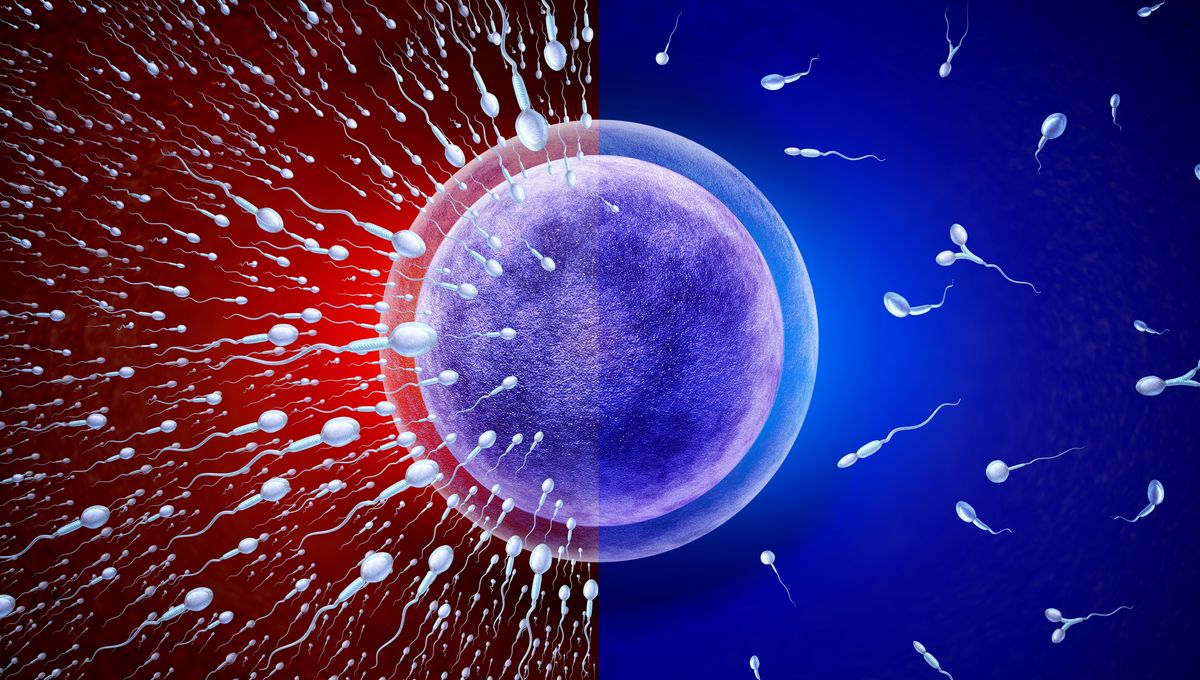
Many scientists believe that sperm counts across the world are on a general decline, with potentially serious ramifications for fertility and male health – but what if they’re wrong? A new study from researchers in the UK, Canada, and Denmark suggests the true situation may not be so straightforward, and that sperm quality, rather than quantity, should be the focus.
Data suggesting that sperm counts are dropping has attracted a lot of attention in recent years, with some going to far as to call it a looming “spermageddon”. Over the last 30-plus years, a string of studies have raised the alarm about declining sperm quantities in industrialized nations, with exposure to everyday chemicals, cannabis use, and recently microplastics coming under fire as potential causes.
But now, a new study has come to a rather different conclusion.
The team analyzed data from 6,758 men aged 18-45 from four cities in Denmark who had applied to become sperm donors at the world’s largest sperm bank, Cryos International. The data covered the period between 2017 and 2022, and all samples were assessed in the same way.
“It is commonly believed [that] sperm counts in men are falling,” said co-author Professor Allan Pacey of the University of Manchester, in a statement emailed to IFLScience.
“We did not see such a change and that suggests that in this population of sperm donor applicants, in these four Danish cities, sperm concentrations have not changed between 2017 and 2022.”
Digging deeper into their findings, the team did observe a small decrease in sperm concentration and total sperm count between 2019 and 2022 of around 0.1-5 percent year-on-year. This change, however, was not statistically significant.
There was one result that surprised the team. “The decline in measures of sperm motility between 2019 and 2022 was an unexpected finding,” commented co-author Professor Robert Montgomerie.
Motile sperm concentration and total motile sperm count – both measures of sperm quality rather than absolute quantity – decreased by 16 and 22 percent, respectively, from 2019-2022.
“This decline roughly corresponds to the onset of the worldwide COVID-19 pandemic,” Montgomerie noted. “While there is no evidence to suggest that the SARS-CoV-2 virus is directly affecting sperm, we speculate whether the widespread lockdowns may have led to changes in working patterns, diet, and levels of physical activity which we already know can impact sperm motility.”
It’s an intriguing suggestion, but one the authors stress in their paper cannot be directly determined from their data.
It’s also not clear how well this population of volunteer sperm donors can be generalized to men across Denmark as a whole, noted co-author Anne-Bine Skytte, Medical Director of Cryos International.
Any new research that calls into question a well-established idea is bound to come under scrutiny. But Professor of Reproductive Medicine Dr Chris Barratt, who is based at the University of Dundee and was not directly involved in the study, praised the authors’ approach in a comment to the Science Media Centre:
“Studies to date have poorly investigated sperm motility but this study has done a good job. This data is important as it shows, on a large sample set with high quality methods, that we should be focussed on sperm quality, rather than sperm quantity.”
The altruism of those who are willing to donate their sperm to assist people experiencing fertility issues can also help advance scientific discovery – as Skytte put it, “This is an unexpected benefit of their generosity.”
The authors suggest that collecting more lifestyle data from donors could help us pinpoint the potential causes behind declining sperm quality at a population level, which could then also be used to develop personalized interventions for donors wishing to improve their own sperm quality, making it a win-win.
In short, this study would suggest that the old adage of “quality, not quantity” is bang on the money.
The study is published in the journal Human Reproduction.
Source Link: Sperm Counts Everywhere Are Going Down – Or Are They? New Data Tells A Different Story